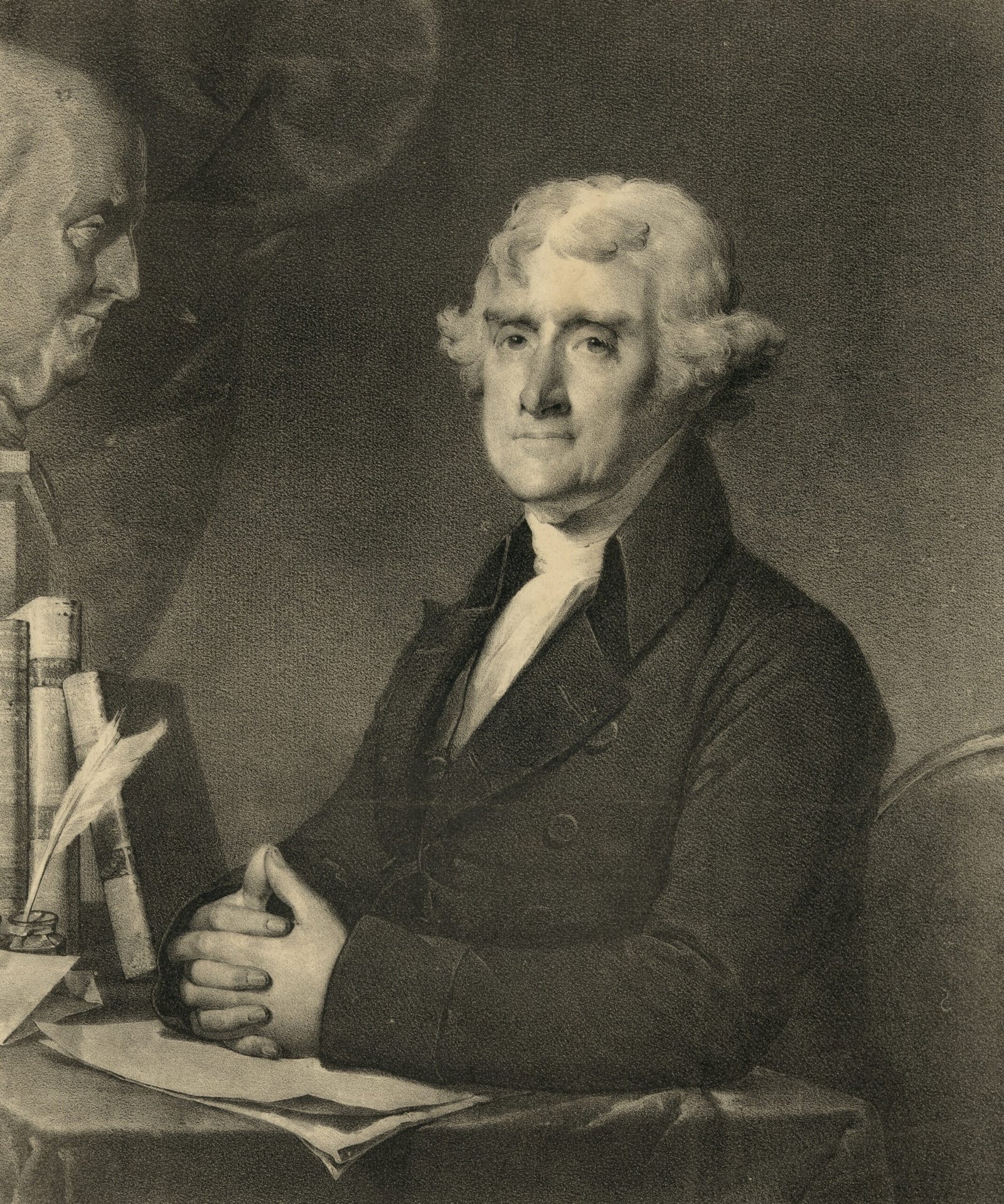The Context of Trump’s Comments
In recent weeks, former President Donald Trump has made headlines for his controversial remarks regarding a federal judge overseeing a case tied to his business dealings. This case is significant not only for its legal ramifications but also for its potential impact on Trump’s political career as he seeks re-election in the upcoming presidential race. The legal proceedings stem from allegations concerning the accuracy of financial statements submitted to banks and other institutions during his business ventures. These allegations raise questions about fraud and misrepresentation that, if substantiated, could lead to severe legal consequences for Trump.
The tensions escalated when specific case files were released publicly, including documents that provide a detailed account of the accusations against him. Trump’s comments, which labeled the presiding judge as “evil,” appear to be a direct response to the perceived unfairness of the proceedings and the disclosure of sensitive materials. Such a characterization highlights Trump’s ongoing strategy of framing legal challenges as personal attacks and politically motivated actions against him.
The timeline of events indicates that as these releases became public, Trump intensified his commentary on social media and at campaign rallies. His rhetoric reflects a broader trend where legal disputes are intertwined with his political platform, potentially galvanizing his supporters while also stirring controversy. Legal experts suggest that Trump’s comments could have ramifications beyond the courtroom; they may resonate with voter sentiments, influencing public perception ahead of the election.
The implications of this case extend beyond Trump’s personal liability. As the legal battle unfolds, the dynamics of his candidacy may shift, depending on the outcome. The situation presents a complex interplay between law and politics, raising questions about the influence of judicial proceedings on electoral prospects.
Breaking Down the ‘Evil’ Accusation
Former President Donald Trump’s characterization of a judge as ‘evil’ is a significant departure from the decorum typically expected of public figures, particularly in the context of the judiciary. Such remarks not only challenge the integrity of the legal system but also carry profound implications for the principles of justice and impartiality. The accusation, stemming from the judge’s decisions regarding the release of case files, raises essential questions about the boundaries of acceptable public discourse surrounding judicial actions.
The ethical considerations surrounding Trump’s comment reveal a potential undermining of judicial authority. When a prominent public figure labels a judge as ‘evil,’ it extends beyond mere opinion; it can be perceived as an attempt to intimidate or delegitimize the judiciary’s role in upholding the law. In a democratic society, the judiciary serves as a cornerstone of governance, and rhetoric that paints judges in a negative light threatens to erode public trust in an institution that is meant to be impartial. This concern becomes especially relevant in the context of a high-profile figure like Trump, whose remarks resonate with a substantial segment of the population.
Moreover, such accusations can have broader implications for public perception regarding the electoral process. If the electorate begins to see judges as adversaries rather than impartial arbiters of justice, it could contribute to a growing skepticism about the fairness of elections and the legal proceedings that accompany them. This phenomenon might cultivate a culture where the judiciary is seen through a partisan lens rather than as an independent entity that functions to protect democratic values. The relationship between the public, the judiciary, and political figures is thus complicated by such rhetoric, necessitating a careful reflection on the language used in public discourse.
Reactions Across the Political Spectrum
Trump’s recent remarks labeling a judge as ‘evil’ have incited a significant response from a variety of political figures, legal experts, and the general public. These diverse reactions illustrate the polarized climate surrounding Trump’s ongoing legal challenges. Many Republicans have chosen to defend Trump’s comments, framing them as a part of a broader narrative of political persecution. Some party leaders argue that Trump’s strong language is indicative of a system that is perceived to be rigged against him. This sentiment resonates with his base, further solidifying their loyalty amidst the tumultuous legal landscape.
Conversely, several Democratic leaders and legal analysts have condemned Trump’s rhetoric, describing it as detrimental to the integrity of the judiciary. They emphasize the importance of respecting judicial independence, warning that such inflammatory language could undermine public trust in the legal system. Legal experts have also weighed in, noting that while political rhetoric often runs high, labeling a sitting judge as ‘evil’ is unprecedented and could have serious ramifications for Trump’s ongoing legal battles. Some commentators argue that this marks a dangerous precedent, potentially encouraging further attacks on the judiciary from political figures, thereby eroding the principles of democratic governance.
Additionally, the public’s reaction to Trump’s comments has been diverse, showcasing the deep ideological divides within society. Social media platforms have been abuzz with discussions, as hashtags related to the incident trended, reflecting a wide spectrum of opinions. Some users vocally supported Trump, arguing that his remarks shed light on perceived injustices, while others expressed concern over the implications of such divisive language. This public discourse highlights how Trump’s words may exacerbate existing tensions and deepen the polarization that characterizes contemporary American politics.
Implications for the 2024 Election
The recent controversy surrounding Donald Trump’s remarks about a judge, whom he labeled as “evil” in the context of the release of case files, presents a critical moment for his prospects in the 2024 election. Such statements not only exemplify Trump’s combative communication style but also potentially reshape the electoral landscape. Throughout his political career, Trump has managed to galvanize his base by positioning himself as a victim of an unfair system; however, these incendiary remarks could have multifaceted implications for his campaign strategy.
On one hand, Trump’s rhetoric may solidify his support among core followers who appreciate his confrontational approach to the judicial system. This segment of the electorate often views him as a champion against perceived injustices, thereby reinforcing his appeal as a populist candidate. In this regard, Trump’s base might resonate strongly with his comments, viewing them as a testament to his willingness to confront the establishment head-on. This could, in fact, energize his supporters and mobilize them ahead of the primaries.
Conversely, there is a significant risk that such comments may repel moderate voters and those who prioritize judicial impartiality. Voter perceptions are critical in shaping electoral outcomes, and the backlash against Trump’s language could foster an environment where undecided voters become more inclined to support alternative candidates who project a more composed and judicially respectful demeanor. Furthermore, media coverage surrounding the incident might amplify this effect, framing Trump as divisive and out of touch with mainstream values.
Ultimately, the implications of this situation for Trump’s campaign are complex. Whether his remarks strengthen his base or alienate potential voters remains an open question. As the election approaches, this episode may serve as a defining moment that could either bolster or undermine his overall appeal in the political arena.



